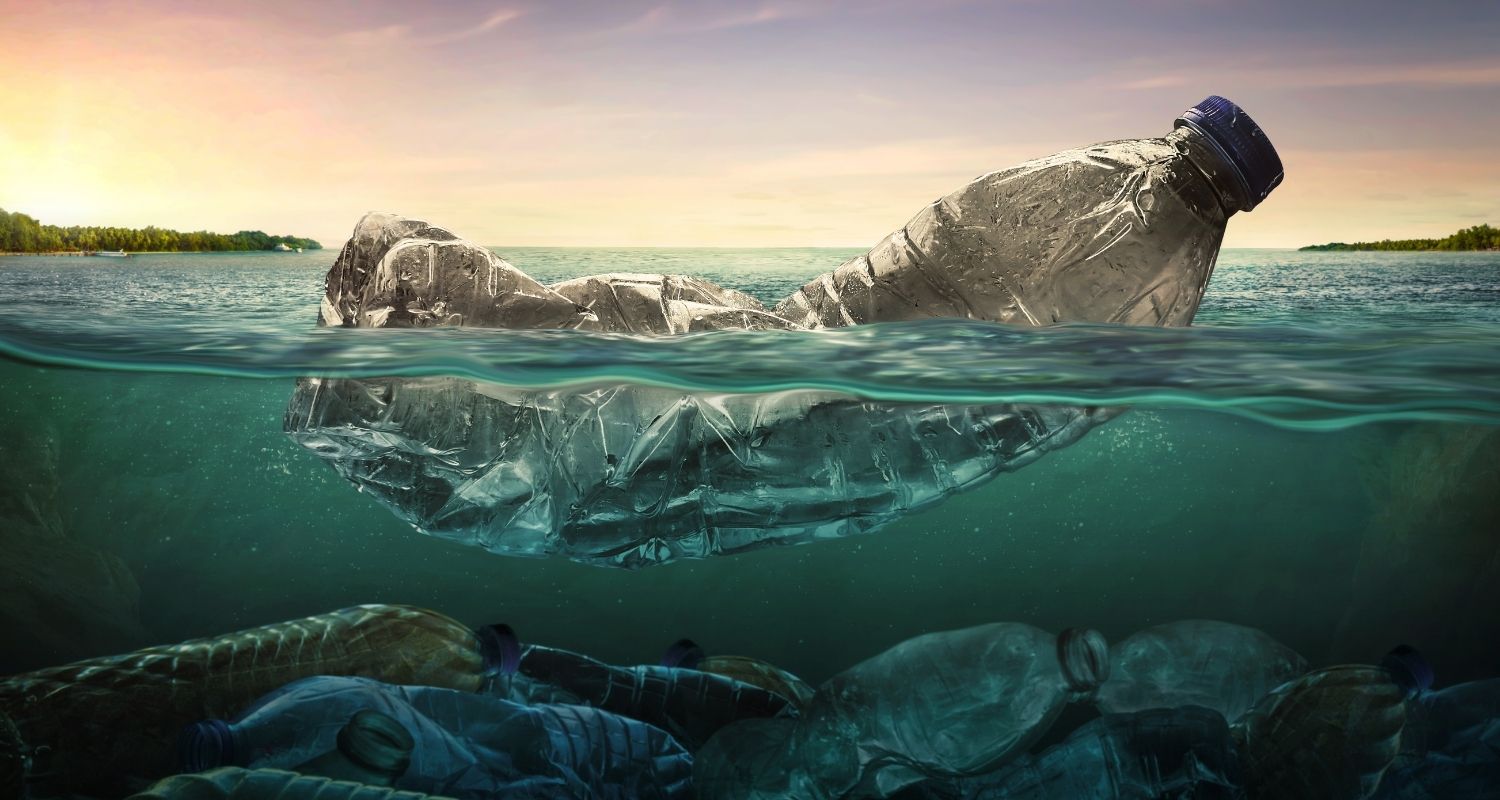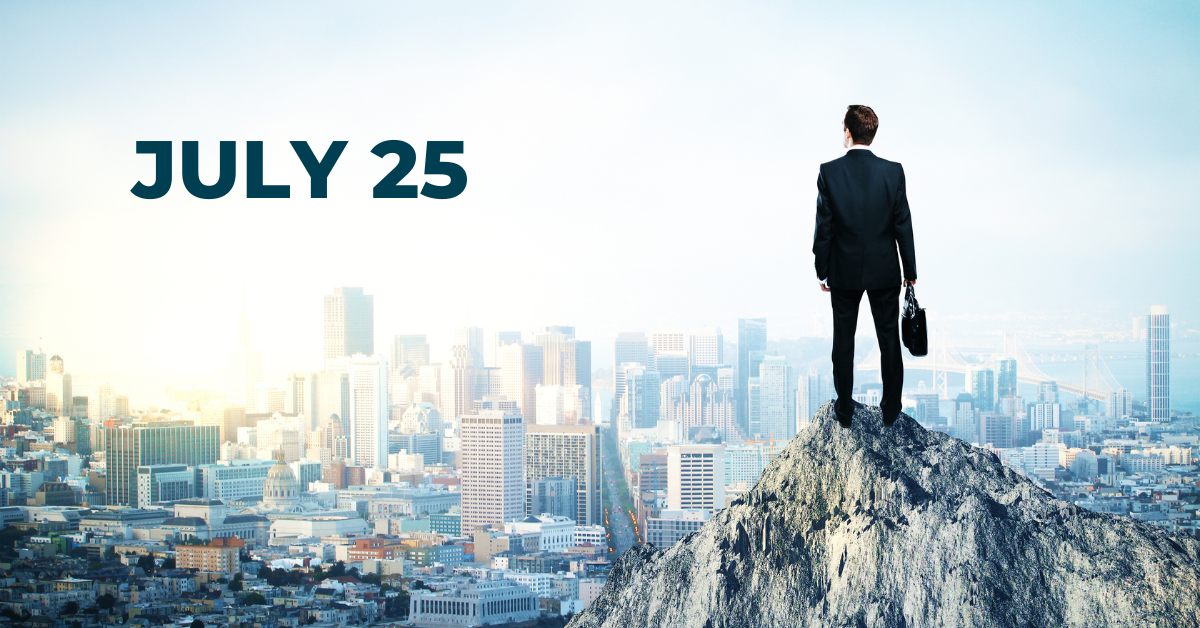
Season 3, Post 19: The toxic boomerang
“If we fail to take care of the ocean, then nothing else matters.” This was the dramatic sentence with which Kiril Solokoff, founder of 13D Research, began an online symposium (hosted in conjunction with JP Morgan) earlier this week, which were fortunate enough to attend. A cast of notable speakers participated in the event including renowned scientists and senior industry executives. That such a prestigious range of participants had gathered to discuss this topic speaks to its importance. Plastic pollution is something about which this author cares strongly and we have been following the topic since at least 2018.
First consider the grim statistics of which we were reminded when listening to the symposium. The equivalent of one dump truck of plastic waste finds its way into the ocean every single day of the year. On an annual basis, this quantity of waste is equivalent to around 90 aircraft carriers. More shockingly, less than 10% of all plastic that has ever been produced has been recycled. As a result, it is estimated that by 2025, there could be one ton of plastic for every three tons of fish in the ocean.
The consequences of such action is devastating. Plastic takes a long time to degrade (in some cases, as much as 10,000 years). As a result, microplastics – the small fragments of plastic that endure from its degradation – are consumed by fishes and hence by humankind. Scientists are now of the belief that the consumption of such microplastics can contribute to obesity, various cancers, neuro-generative diseases and infertility. By design, plastic is a toxin. Past and present actions that have led to the oceans filling with plastic will necessarily impact future generations, hence the “toxic boomerang,” an expression used by one of the symposium’s speakers, Dr Rolf Halden.
It’s not all bad news, since there are solutions at hand. Recycling efforts can be accelerated, but the key debate is less about changing consumer behaviour and more about altering industry choices. With the right (financial) incentives, plastic products could be redesigned so that they do not break down into microplastics. Further, alternatives to plastic (such as PHA, a naturally occurring biopolymer) could be developed, scaled and commercialised. Increased monitoring of water treatment plants would also ensure that quality standards were maintained. We were separately intrigued to read a recent article that suggested much plastic pollution originates in emerging markets (particularly the Philippines). Wealthier countries could therefore support low-to-middle income countries by helping to improve their waste management infrastructure. Let’s all try and avoid the boomerang.
12 May 2021
The above does not constitute investment advice and is the sole opinion of the author at the time of publication. The author of this piece has no personal direct investment in the business. Past performance is no guide to future performance and the value of investments and income from them can fall as well as rise.
Alex Gunz, Fund Manager
Disclaimers
The document is provided for information purposes only and does not constitute investment advice or any recommendation to buy, or sell or otherwise transact in any investments. The document is not intended to be construed as investment research. The contents of this document are based upon sources of information which Heptagon Capital LLP believes to be reliable. However, except to the extent required by applicable law or regulations, no guarantee, warranty or representation (express or implied) is given as to the accuracy or completeness of this document or its contents and, Heptagon Capital LLP, its affiliate companies and its members, officers, employees, agents and advisors do not accept any liability or responsibility in respect of the information or any views expressed herein. Opinions expressed whether in general or in both on the performance of individual investments and in a wider economic context represent the views of the contributor at the time of preparation. Where this document provides forward-looking statements which are based on relevant reports, current opinions, expectations and projections, actual results could differ materially from those anticipated in such statements. All opinions and estimates included in the document are subject to change without notice and Heptagon Capital LLP is under no obligation to update or revise information contained in the document. Furthermore, Heptagon Capital LLP disclaims any liability for any loss, damage, costs or expenses (including direct, indirect, special and consequential) howsoever arising which any person may suffer or incur as a result of viewing or utilising any information included in this document.
The document is protected by copyright. The use of any trademarks and logos displayed in the document without Heptagon Capital LLP’s prior written consent is strictly prohibited. Information in the document must not be published or redistributed without Heptagon Capital LLP’s prior written consent.
Heptagon Capital LLP, 63 Brook Street, Mayfair, London W1K 4HS
tel +44 20 7070 1800
email [email protected]
Partnership No: OC307355 Registered in England and Wales Authorised & Regulated by the Financial Conduct Authority
Heptagon Capital Limited is licenced to conduct investment services by the Malta Financial Services Authority.



